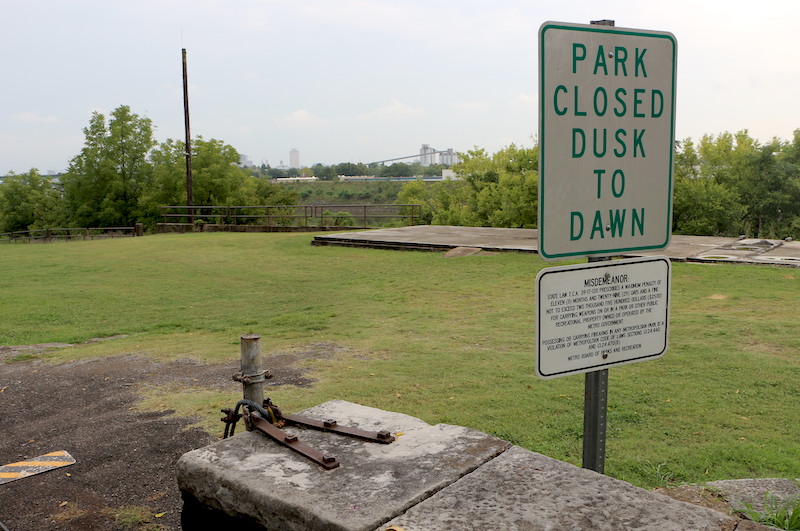
Nashville officials closed recreation areas throughout the city, saying that residents weren’t doing enough to observe social distancing.
Meanwhile, the state’s governor said his office is exploring enforcement options if Tennesseans don’t begin to observe local stay-at-home orders.
Metro Nashville extended its existing ban on most public gatherings Wednesday by closing all dog parks, picnic shelters, skate parks and basketball and tennis courts. Leaders say that they’d spotted people congregating less than 6 feet apart — the standard advised by health officials to prevent spread of the coronavirus.
But William Swann, Metro’s director of emergency management, says the city is thus far relying on individuals to “self-enforce” the rule.
“At this point we would hope that people would understand how important it is to practice social distancing and adhere to the directives of the mayor,” he said.
The city has also ordered non-essential businesses to close, but the Metro Public Health Department says it has focused so far on awareness rather than enforcement. If the department hears about a business violating the order, it has been contacting them to emphasize the importance of closing. It has not issued any citations.
The tension over enforcement of Mayor John Cooper’s “Safer At Home” order mirrors the struggle in other cities in Middle Tennessee. Clarksville police have shut down three bars that were defying a statewide order to close, but the mayors of Cookeville and Columbia have declined to issue local shelter-in-place orders, saying they lack the authority. Yesterday, the city of Tullahoma walked back its mandate it issued earlier this week, saying it was authorized only to issue an advisory.
Hundreds of health providers — and some mayors — have called on Gov. Bill Lee to issue a statewide order that might be clearer to enforce. The Republican says local governments ought to write their own rules, but he says his office has been discussing how it can back them up.
“Ignoring the guidance and ignoring the suggestions and being unwise in gathering with friends and doing things that you know have been purported to be dangerous with regard to the spread of the virus — it’s real,” he says. “And it’s costly. And it’s about the health and the safety of Tennesseans and our neighbors.”
The governor’s options, however, are unclear. The state Department of the Military, which includes the Tennessee Guard, says it has begun to deploy resources to fight the coronavirus, but it says it won’t be heading up law enforcement.
Samantha Zern and Sergio Martínez-Beltrán contributed to this report.

